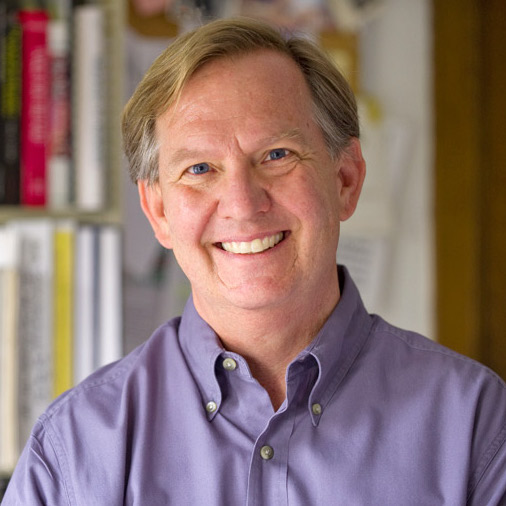
Benefit corporations are a new kind of business, but they are also the latest development in an 80-year-old debate. One side says that corporations should be managed to benefit their shareholders and no one else. The other says that corporations work best when the interests of shareholders are balanced with those of workers, customers and communities.
Today's corporate directors tend to agree with the "shareholders first" argument. But that wasn't always the case. Fifty years ago, if you had said that the only goal of your corporation was to reward shareholders, people would have called you greedy, a bad citizen.
The debate emerged in 1931, when business lawyers were seriously worried about capitalism. Adolf Berle, an original member of Franklin Roosevelt's "brain trust," wrote in the Harvard Law Review that corporate powers "are necessarily and at all times exercisable for the ratable benefit of all the shareholders." To rule otherwise, he said, would defeat the "object and nature" of a corporation. Government's role was to regulate. Businesses should follow those rules and go no further.
A year later in the same journal, E. Merrick Dodd answered Berle. His article, "For Whom Are Corporate Managers Trustees?," describes a more expansive view. Public opinion ultimately makes law, wrote Dodd, and the public is increasingly seeing the corporation as "an economic institution which has a social service as well as a profit-making function." He cited urgent calls for corporations to provide their workers with economic security, no small matter in 1932.
Dodd cited a 1929 speech by Owen D. Young, who said:
"It makes a great difference in my attitude toward my job as an executive officer of the General Electric Company whether I am a trustee of the institution or an attorney for the investor. If I am a trustee, who are the beneficiaries of the trust? To whom do I owe my obligations?"My conception of it is this: That there are three groups of people who have an interest in that institution. One is the group of fifty-odd thousand people who have put their capital in the company, namely, its stockholders. Another is a group of well toward one hundred thousand people who are putting their labor and their lives into the business of the company. The third group is of customers and the general public. Customers have a right to demand that a concern so large shall not only do its business honestly and properly, but, further, that it shall meet its public obligations and perform its public duties - in a word, vast as it is, that it should be a good citizen...
"I think what is right in business is influenced very largely by the growing sense of trusteeship which I have described. One no longer feels the obligation to take from labor for the benefit of capital, nor to take from the public for the benefit of both, but rather to administer wisely and fairly in the interest of all."
Dodd and Berle were both elite corporate lawyers, law professors and loyal Roosevelt men. Berle saw a corporation as an aggregation of stockholders. Dodd saw it as a social institution with many stakeholders. He argued that each group had different rights and responsibilities, and the job of managers was to balance those competing interests. Dodd said that it was proper for corporate managers to confer benefits to society. He also predicted that public opinion would soon demand this.
Two decades after Dodd published his article, Berle conceded. Legal decisions between the 1930s and 1954 had supported Dodd's view, he wrote, and "the argument has been settled, at least for the time being."
The idea that corporate directors should have the legal right to protect the interests of stakeholders was not challenged for another 15 years, when Milton Friedman and other economists from University of Chicago came forward with a more radical version of Berle's 1931 argument. The doctrine of "shareholder primacy" quickly went mainstream in 1981, as Ronald Reagan kicked off the Decade of Greed.
Image credit: JSTOR

Brad Edmondson is an award-winning writer and presenter who explains social change and how it happens. www.bradedmondson.com.














